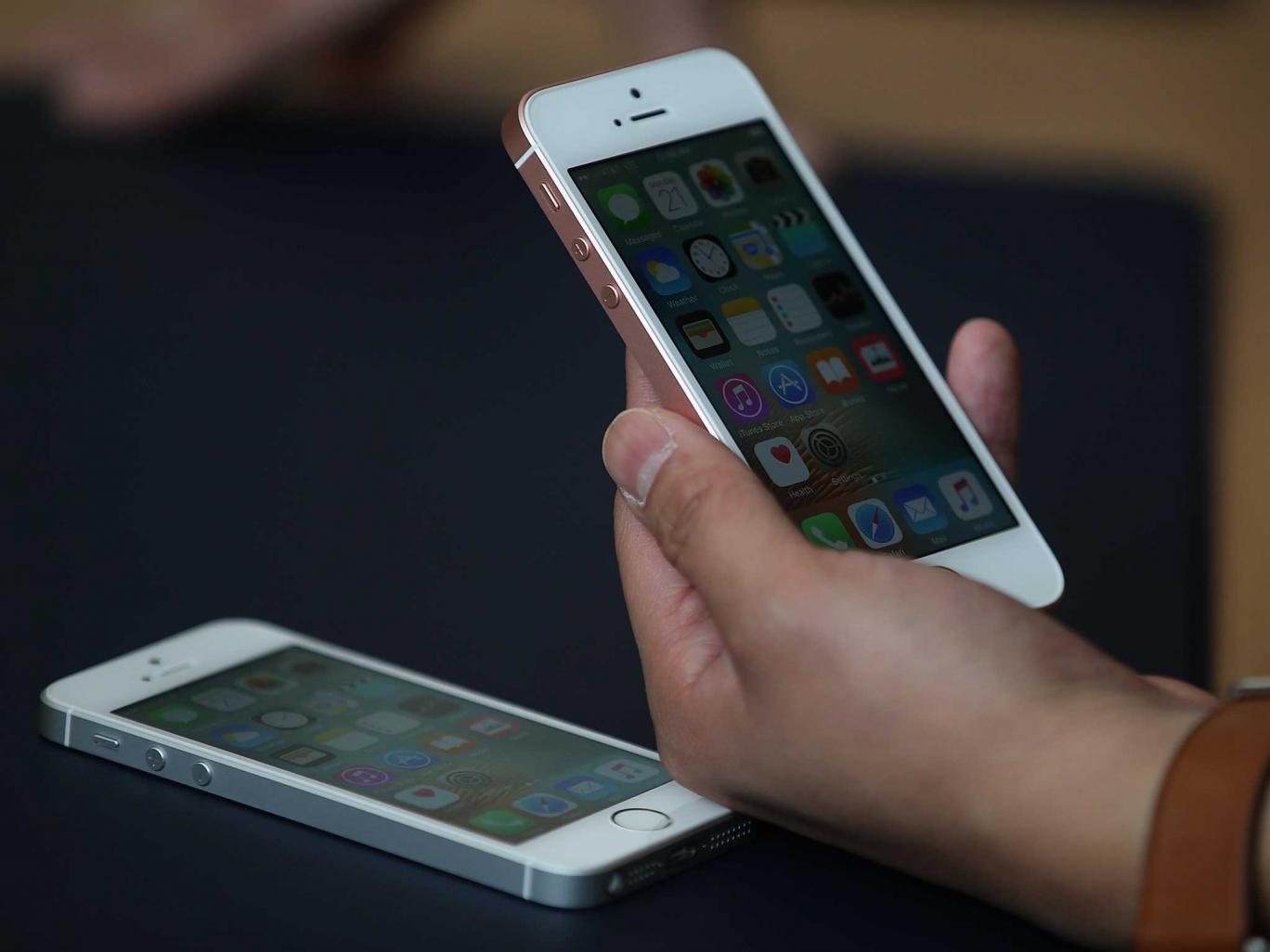
The number of ways in which the smartphone has made our lives easier is vast. Whether it’s using Shazam to identify a song on the radio or having a sophisticated camera at the ready 24/7, the smartphone era ushered in by the iPhone has fundamentally changed the way the world uses and interacts not only with technology, but also with each other. While there are no shortage of examples which illustrate how the smartphone has improved our lives, a more interesting and novel thought experiment would have us explore some of the more detrimental side effects associated with our collective addiction to smartphones and society’s unending need to constantly stay connected.
Tackling this very topic, a fascinating piece from Jean M. Twenge of The Atlanticarticulates that adolescents who have grown up in a world dominated by smartphones are more prone to a variety of mental health problems than adolescents from previous generations. Twenge categorizes kids born between 1995 and 2012 under a group she calls iGen, and the problems she’s seen in these kids — who have never known a life without the Internet — transcends gender, class and ethnicity.
One of the more intriguing data points Twenge presents is that kids from the iGen generation are more likely to commit suicide or experience depression than Millennials.
“It’s not an exaggeration to describe iGen as being on the brink of the worst mental-health crisis in decades,” Twenge writes. “Much of this deterioration can be traced to their phones.”
Twenge writes that the connections smartphones provide are truly only surface-level, and that as kids spend more and more time connecting with friends digitally, actual human interaction becomes markedly rarer.
Twenge also cites studies which find that kids and teens who spend more time on their smartphones tend to be, on average, more unhappy than their counterparts who aren’t as tied to their smartphones.
All in all, Twenge’s full write-up is well worth a read for anyone with even a passing interest in how the modern day smartphone era is potentially wreaking havoc on the minds of today’s youth. For as much good as the smartphone has introduced, Twenge’s report underscores the fact that too much of a good thing can often result in unforeseen consequences.
Source: Yahoo Tech


Be the first to comment